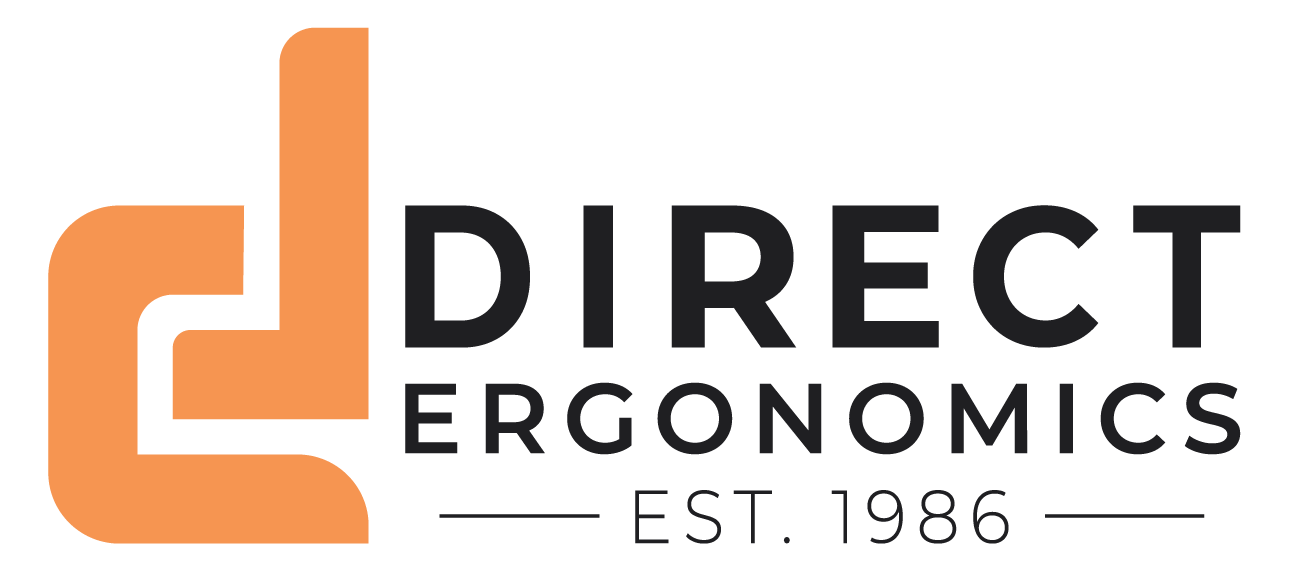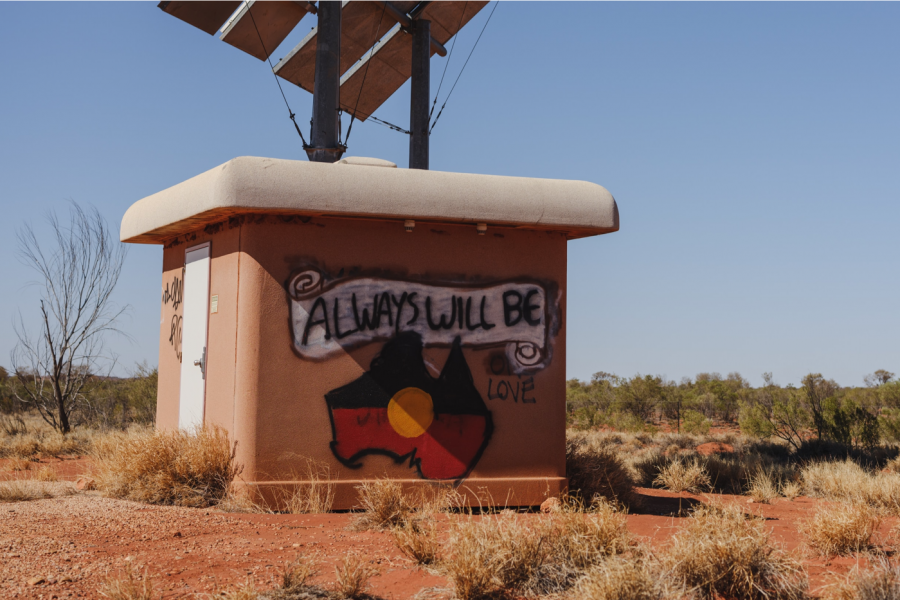Here at Direct Ergonomics, our founder’s Indigenous heritage has played a significant role in many of our company initiatives, including proudly becoming Supply Nation Certified in order to support diverse and inclusive working environments across Australia.
Supply Nation is an organisation with a vision of a “prosperous, vibrant and sustainable Indigenous business sector”. They aim to ensure that every Australian has an equal opportunity to achieve and succeed by facilitating connections and working towards positive social outcomes.
Did you know, the government’s 2019 “Closing the Gap” report found that despite hopes to halve the gap in employment outcomes between Indigenous and non-Indigenous Australians by 2018 (ten years after the first report), efforts have been failing and Indigenous Australians continue to lose out?
This is why it’s so important for business owners, managers, and employees alike to get involved in “closing the gap”, wherever possible.
Here are some key ways that employers can support Indigenous Australians in the workplace today:
- Create recruitment policies that provide Indigenous people with an equal opportunity to win jobs
- Adapt your interview process to account for cultural differences
- Provide ongoing training and support for your Indigenous employees to give them the best opportunity to flourish in their role
- Offer support for the families of Indigenous employees and understand that their family relationships are quite complex (they have a kinship system that goes beyond blood and marriage)
- Permit flexible working arrangements to allow Indigenous employees to meet their family and community obligations (even if these don’t align with the cultural obligations of your heritage)
- Proactively address racism in the workplace through initiatives (like cross-cultural training) that shift and optimise your workplace’s culture
- Seek the support of key local Indigenous community organisations
- Avoid stereotyping
- Provide positive feedback
As a colleague, it’s important to treat all people as individuals while making an effort to understand and respect cultural differences that may mean contrasting communication styles, for example.
When we are proactive about equality and diversity, we create a healthier, happier, and more productive workforce (and world!). Long-term change requires a consistent effort from all parties – an effort that we believe is not only necessary but more than worth it.
How can you promote more inclusivity in your workplace today?



